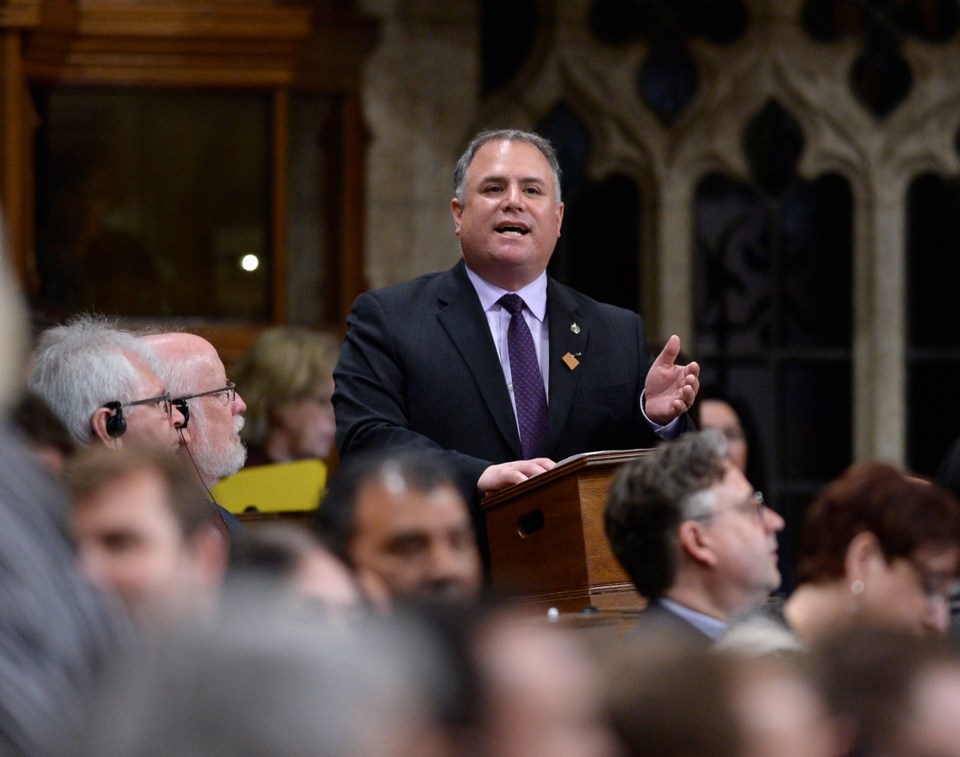Courtenay-Alberni NDP MP Gord Johns is calling on the prime minister and environment minister to create a national strategy to combat plastic pollution, and to take immediate action to ban plastic straws.
During question period on Thursday, Johns asked the prime minister to support his motion to address what he says is a regulatory and legislative void at the federal level.
“Plastics are ending up in our waters entering our food and ending up on our dinner plates,” Johns said.
“This is a global issue, but Canada has no national policy and the Liberal’s Oceans Protection Plan doesn’t mention the word plastic, so how can the prime minster say he wants to lead the G7 discussion on ocean plastics when he’s done nothing about it?”
Johns has raised the issue in the House of Commons many times since introducing his motion on Nov. 1, 2017. It’s based on a report from the University of Victoria’s Environmental Law Centre, written by Prof. Calvin Sandborn.
The Vancouver Island MP said despite Canada having the world’s longest coastline, there’s no national policy to prevent plastics from entering the country’s waters, and no mechanisms to clean up the pollution that already exists.
Environment Minister Catherine McKenna said in the House that she has travelled to the Arctic and seen birds that had pieces of plastic inside them.
“I absolutely agree we need to do more to reduce single-use plastics and how they are ending up in our oceans,” McKenna said.
“It is a travesty. We know we need to do better in conjunction with provinces and territories,” she said. “We are convening a meeting with provinces and territories to make advances so that we can have a robust regime to stop this from happening.”
More 40 countries have taken steps to address plastic waste and plastic production, including five of the G7 countries — Japan, the United Kingdom, France, Germany and Italy, said NDP environment critic Alexandre Boulerice.
In April, British Prime Minister Theresa May announced a plastic reduction strategy that included banning plastic straws and a commitment to prohibit “avoidable plastics” by 2042.
Most single-use plastics — such as coffee lids, plastic bags and plastic drinking straws — are used once and discarded, not recycled.
Up to 20 million tons of debris enters the world’s oceans every year, according to Raveender Vannela, a research at Arizona State University’s Biodesign Institute. That includes plastic bags, bottles, caps, lids, straws, stirrers, food containers, wrappers, plastic microfibers and pellets.
They all find their way to the ocean, carried by urban runoff, wind, sewage and careless people, he wrote. Marine activities add plasticized fishing nets, fishing lines, traps, aquaculture components and plastic debris from shipping and other industries.



